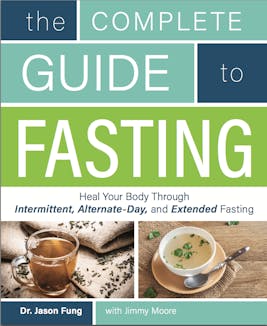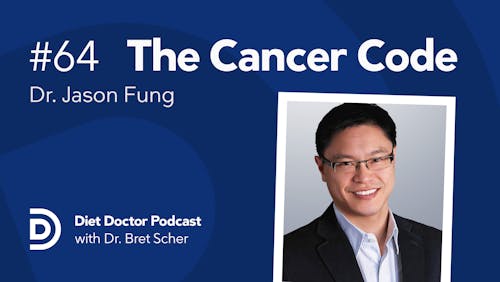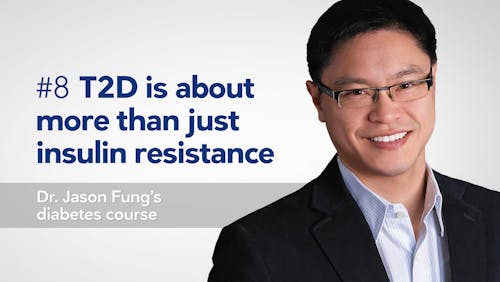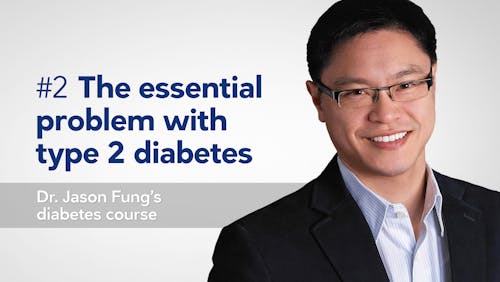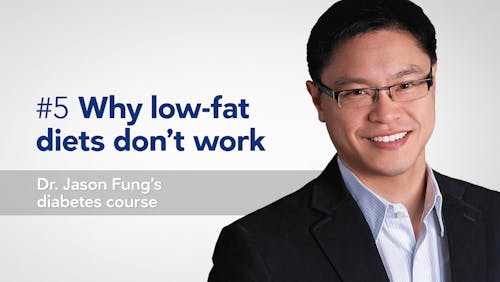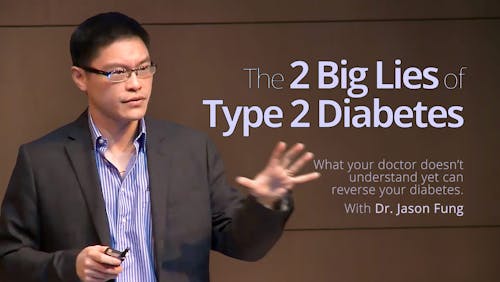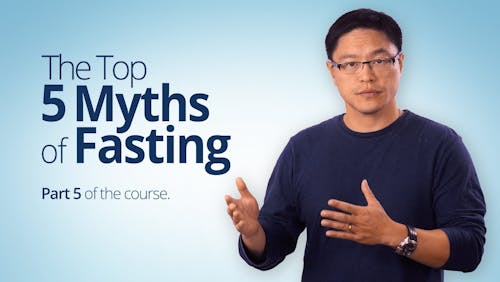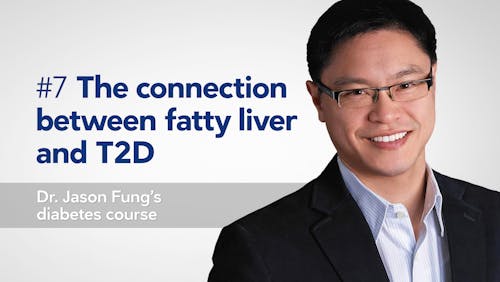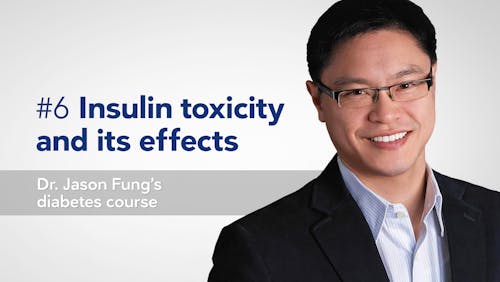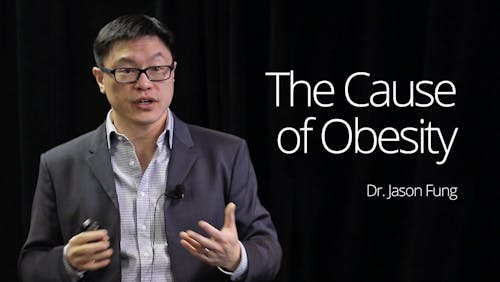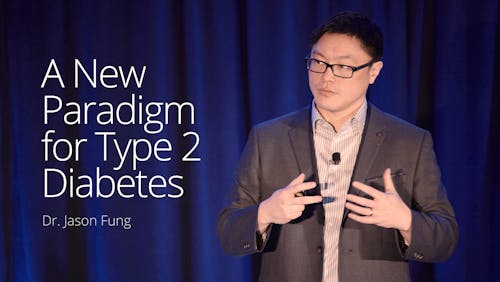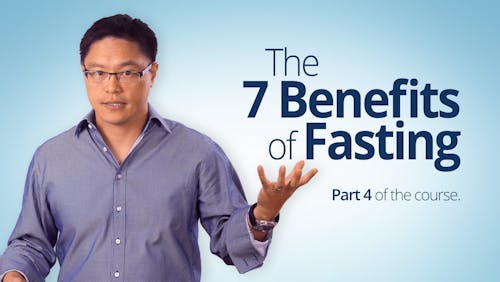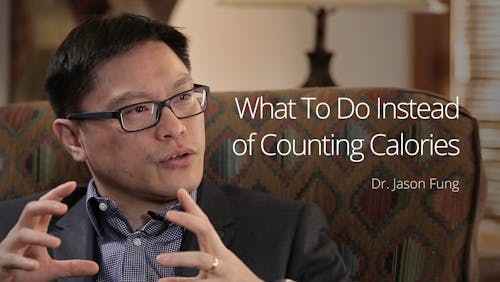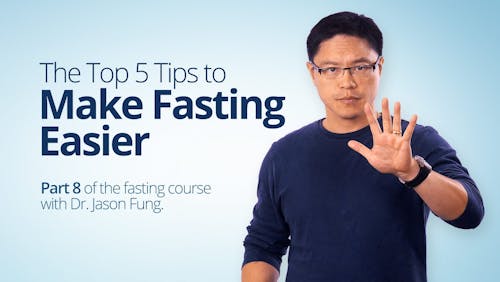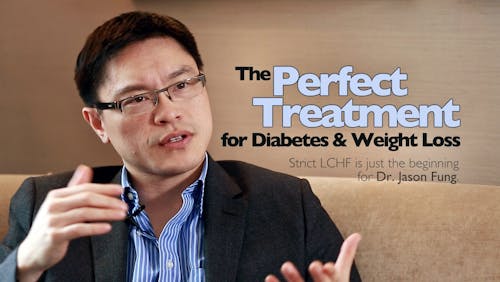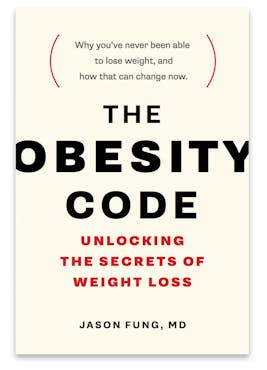How to not get hungry: Fasting and ghrelin

Tea and fasting can keep hunger at bay
Ghrelin is the so-called hunger hormone. It was purified from rat stomach in 1999 and subsequently cloned. It binds to growth hormone (GH) secretagogue receptor, which strongly stimulates GH. So, for all you people who thought that eating makes you gain lean tissue, it is actually the opposite. Nothing turns off GH like food.
Of course, food provides the nutrients needed to grow, so in fact, you need both feeding and fasting cycles to properly grow. Not all feeding, and not all fasting. Life lies in the balance of the two. The cycle of life is feast and fast.
Ghrelin, has also been found to increase appetite and weight gain. It also reduces the effect of leptin (in rats at least). Leptin, as you might recall, is the hormone produced by fat cells which turns off appetite and makes us stop eating. Ghrelin turns on appetite.
So, if you want to lose weight on a long term basis, you need to tune down ghrelin. This post is about how to do that.
Fasting, hunger and ghrelin
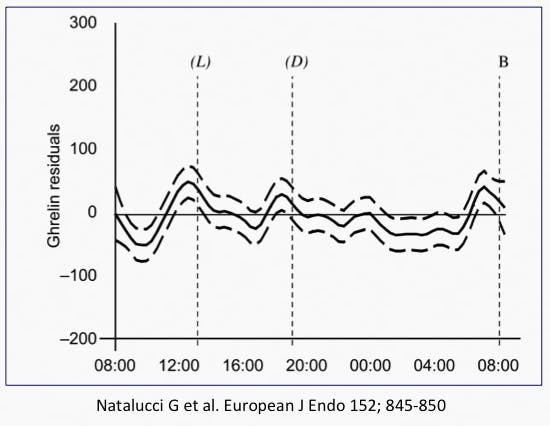


Let’s look at this study “Spontaneous 24-h ghrelin secretion pattern in fasting subjects“. Patients undertook a 33-hour fast, and ghrelin was measured every 20 minutes. Here’s what ghrelin levels look like over time.
There are several things to notice. First, ghrelin levels are lowest at approximately 9:00 in the morning. This corresponds to the measures of the circadian rhythm which find consistently that hunger is lowest first thing in the morning. Recall that this is also generally the longest period of the day where you have not eaten.
This reinforces the fact that hunger is not simply a function of ‘not having eaten in a while’. At 9:00, you have not eaten for about 14 hours, yet you are the least hungry. Eating, remember, does not necessarily make you less hungry.
Next, notice that there are 3 distinct peaks corresponding to lunch, dinner and the next day’s breakfast. BUT IT DOES NOT CONTINUALLY INCREASE. After the initial wave of hunger, it recedes, even if you don’t eat. Ghrelin shows a “spontaneous decrease after approximately 2 h without food consumption”. This correlates perfectly to our clinical experience that ‘hunger comes in waves’. If you simply ignore it, it will disappear.
Think of a time that you were too busy and worked right through lunch. At about 1:00 you were hungry, but if you just drank some tea, by 3:00 pm, you were no longer hungry. Ride the waves – it passes. Same goes for dinner. Further it has been shown that ghrelin spontaneously decreases independently of serum insulin or glucose levels.
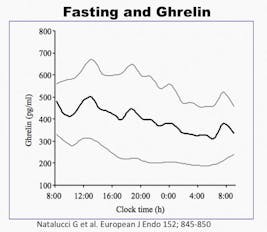


Fasting can make you physically less hungry
There was one other big finding of this study. Look at the average ghrelin levels over 24 hours. Over the day of fasting, ghrelin stays stable! In other words, eating nothing over 33 hours made you no more or less hungry than when you started! Whether you ate or did not eat, your hunger level stayed the same.
As we discussed in our last post – eating more sometimes makes you more hungry, not less. In the same vein, eating less can actually make you physically less hungry. That’s terrific, because if you are less hungry, you will eat less, and are more likely to lose weight.
So what happens over multiple days of fasting? This study looked at the question specifically. 33 subjects had their ghrelin measured over 84 hours of fasting and they divided the results by men and women, as well as obese and lean. There were no significant differences between the lean and obese subjects, so I won’t dwell on that further. Once again, there were distinct circadian variations.
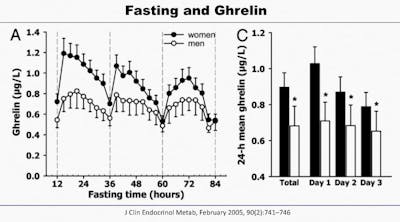


Over 3 days of fasting, ghrelin gradually DECREASED. This means that patients were LESS hungry despite not haven eaten for the past 3 days. This jibes perfectly with our clinical experience with patients undergoing extended fasting. They all expect to be ravenously hungry, but actually find that their hunger completely disappears. They always come in saying ‘I can’t eat much anymore. I get full so fast. I think my stomach shrank’.
That’s PERFECT, because if you are eating less but getting more full, you are going to be more likely to keep the weight off.
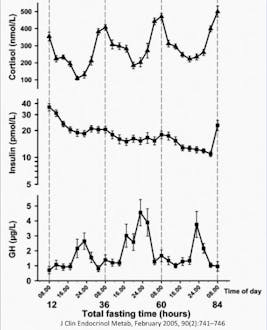


Other hormonal changes with fasting
A few other notes about the hormonal changes of fasting. Notice that cortisol does go up during fasting. Yes, fasting is a stress to the body and cortisol acts as general activator as well as trying to move glucose out of storage and into the blood. So, if too much cortisol is your problem, then fasting may not be right for you.
Insulin also goes down, which is what we expect. Growth hormone, as we’ve previously noted, goes up during fasting. I suspect this helps to maintain lean muscle tissue and to rebuild lost protein when you start to eat again.
However, the main point of this post is to show that over intermittent and extended fasting, ghrelin, the main hormonal mediator of hunger does not increase to unmanageable levels. Rather it decreases – which is exactly what we are looking for. We want to eat less, but be more full. Fasting, unlike caloric-restriction diets is the way to do that.
—
Jason Fung
More
Intermittent Fasting for Beginners
Top videos with Dr. Fung
Earlier with Dr. Jason Fung
All posts by Dr. Jason Fung, M.D.
More with Dr. Fung
Dr. Fung has his own blog at intensivedietarymanagement.com. He is also active on Twitter.His book The Obesity Code is available on Amazon.
His new book, The Complete Guide to Fasting is also available on Amazon.
